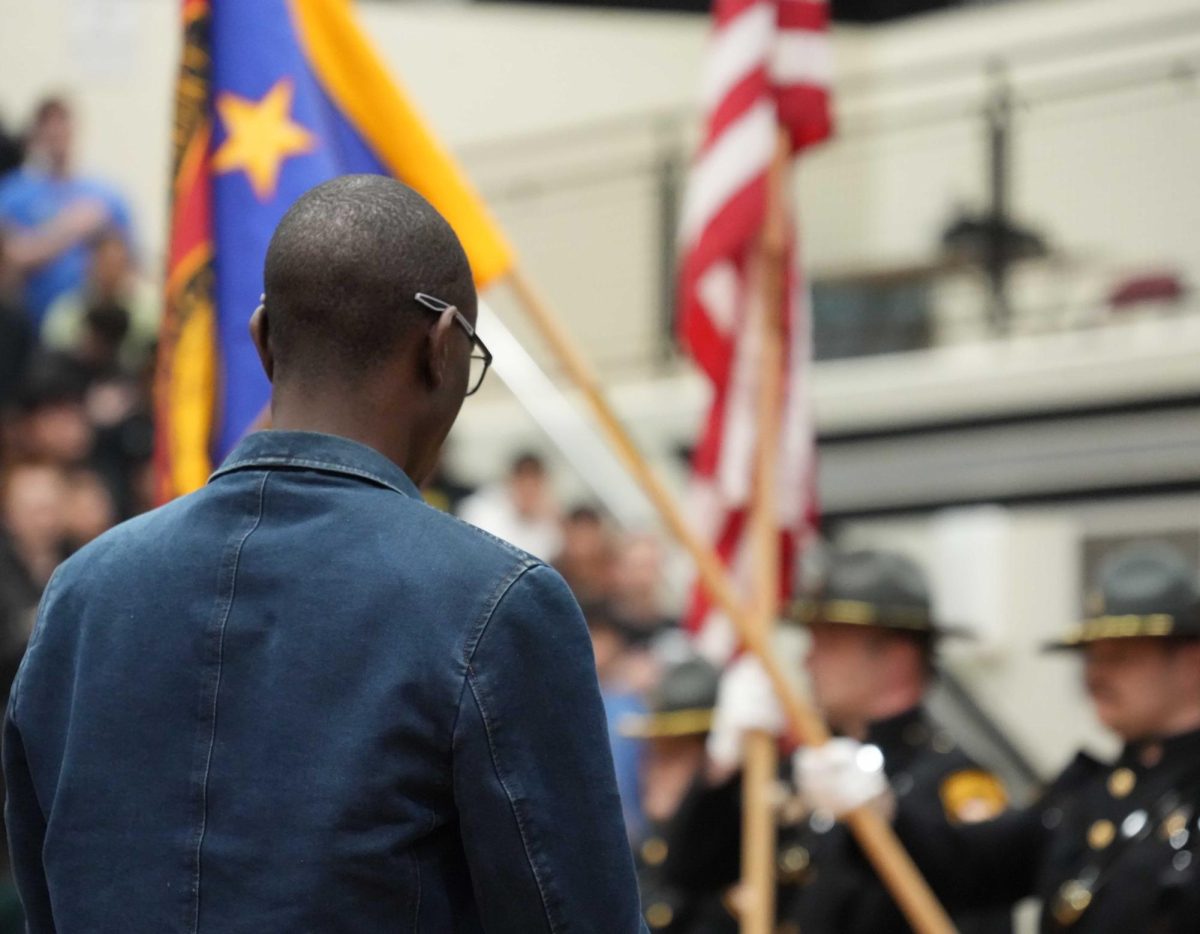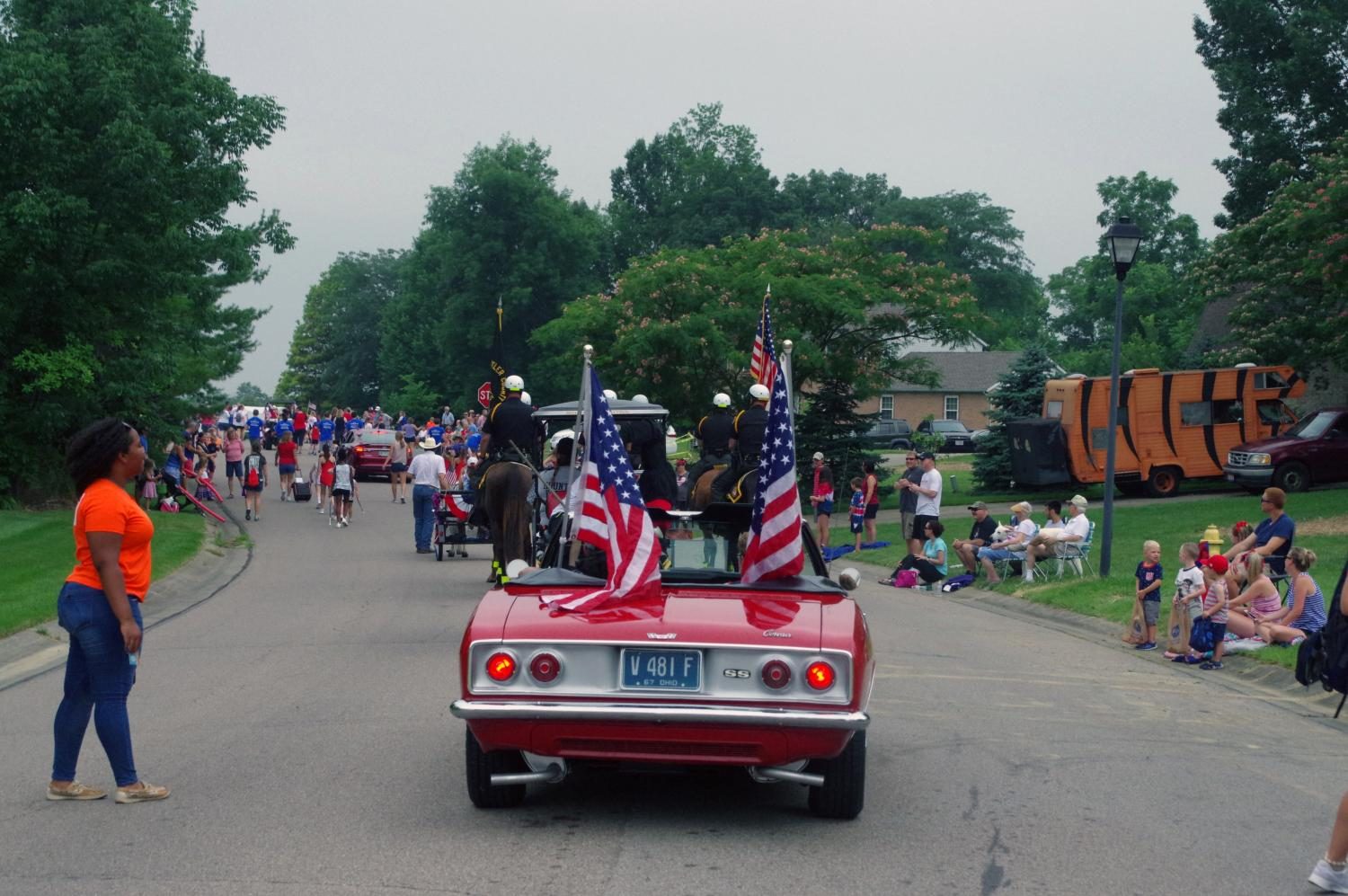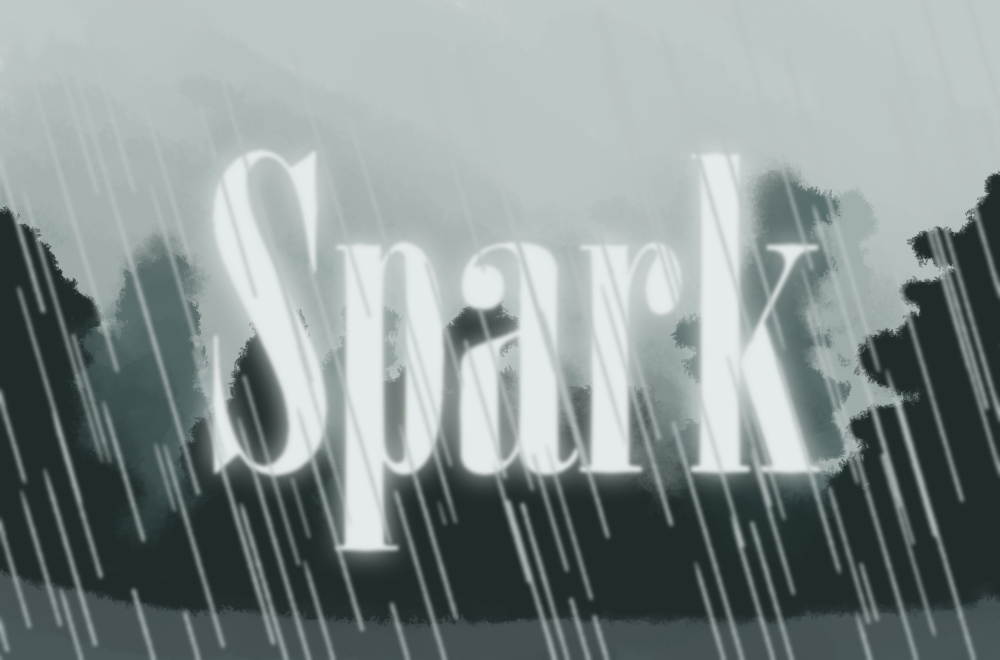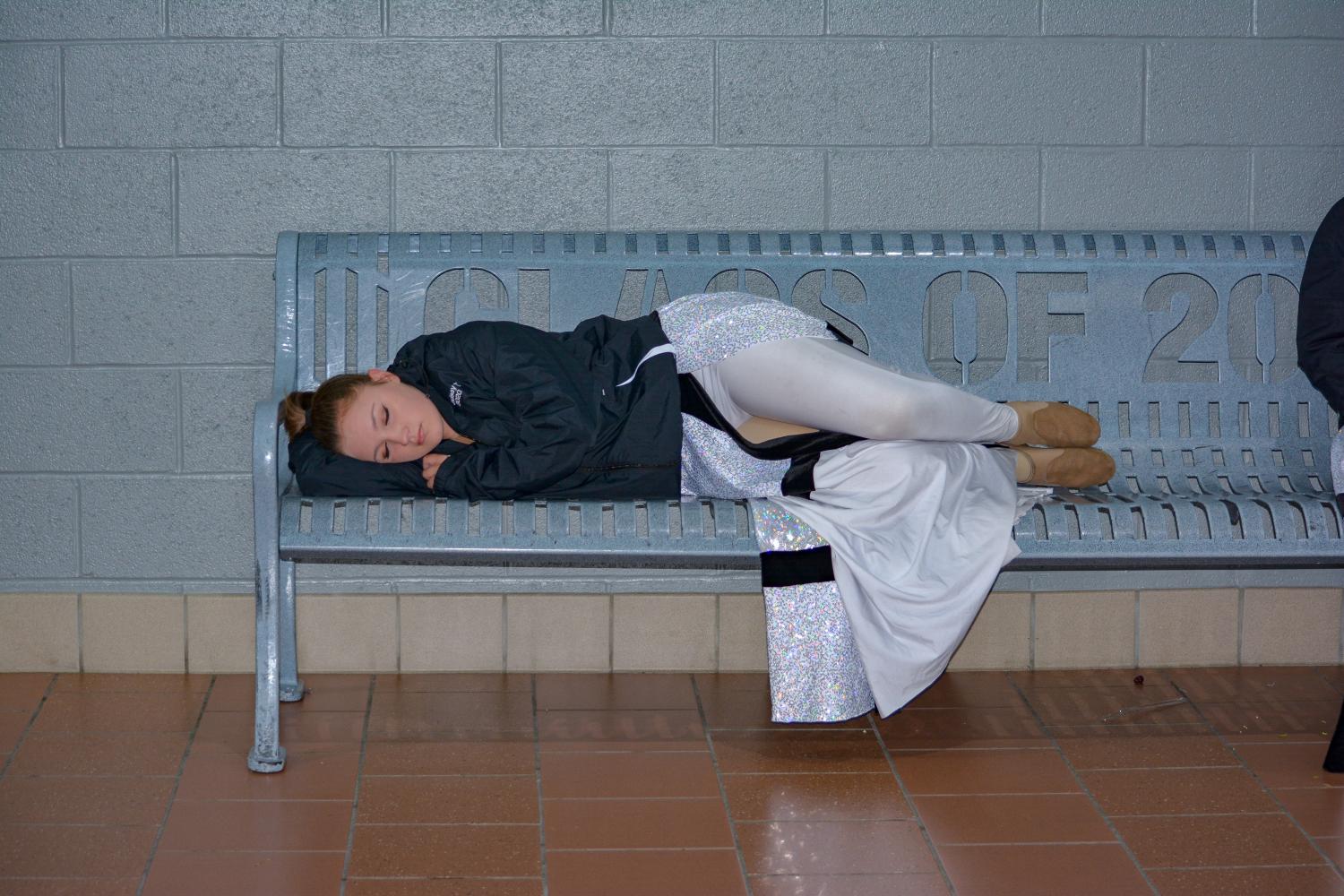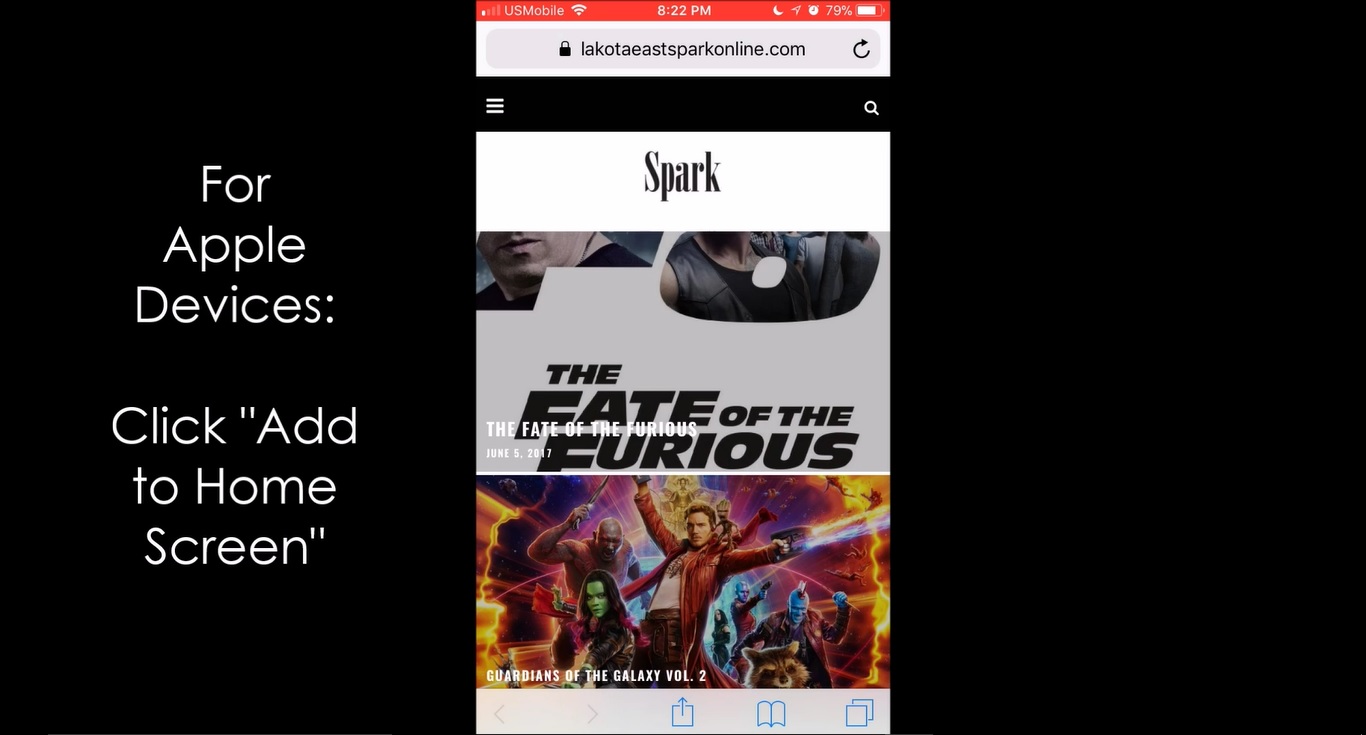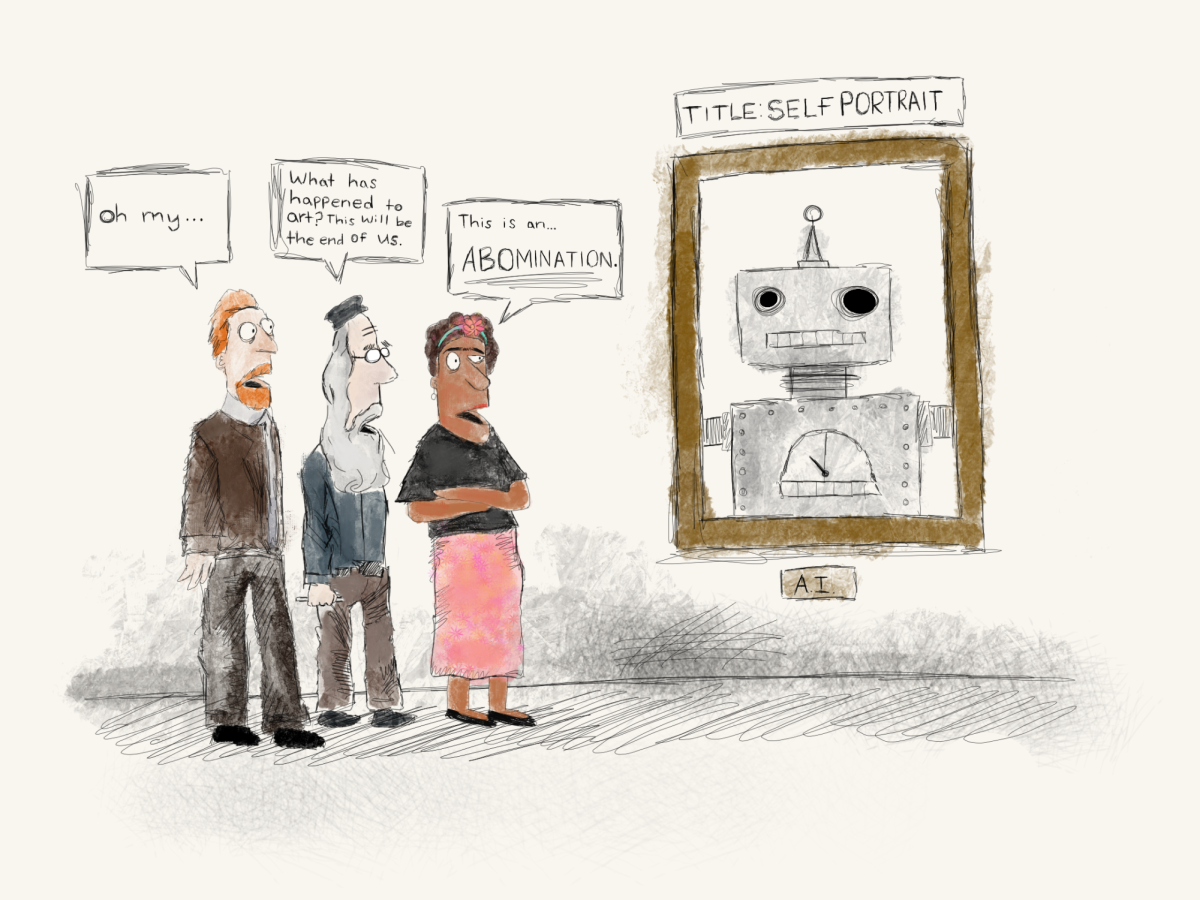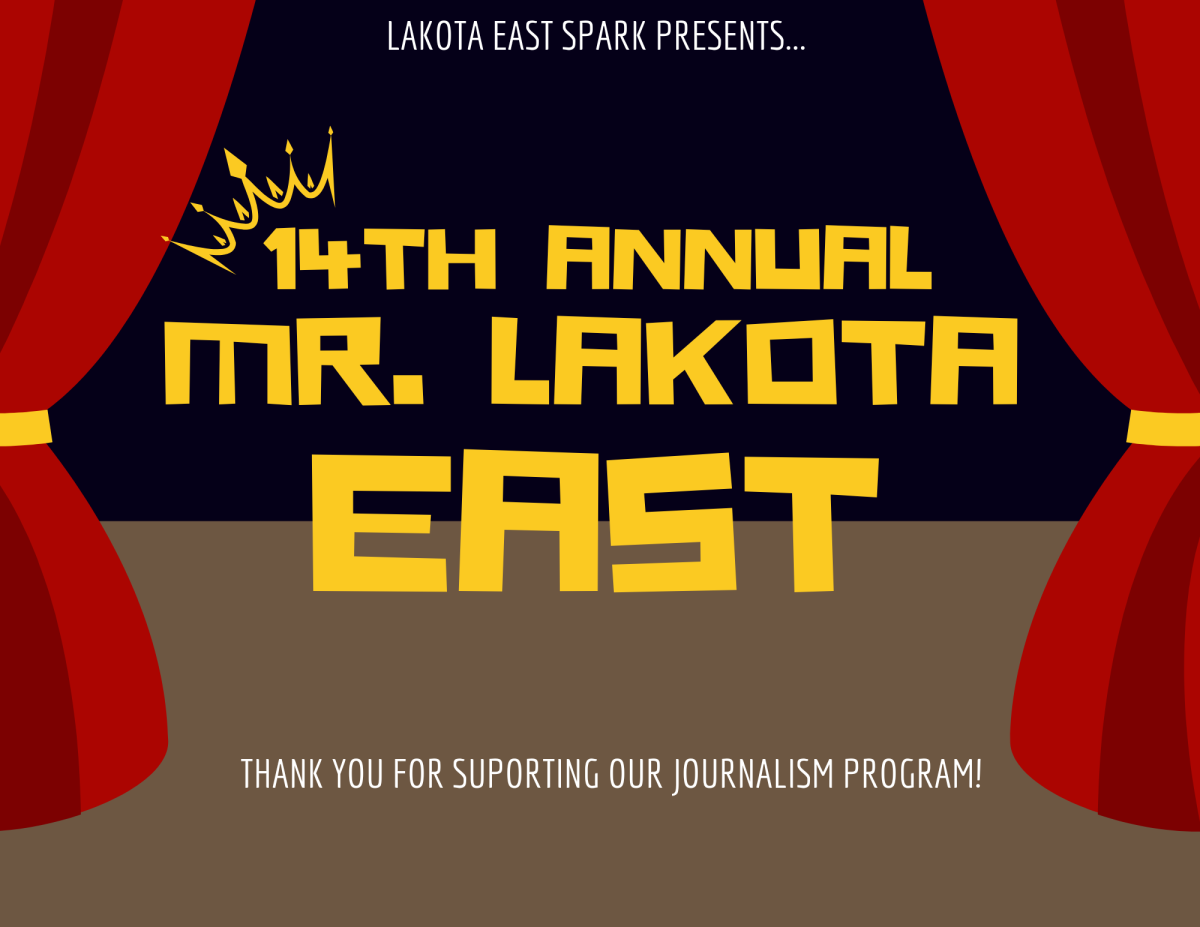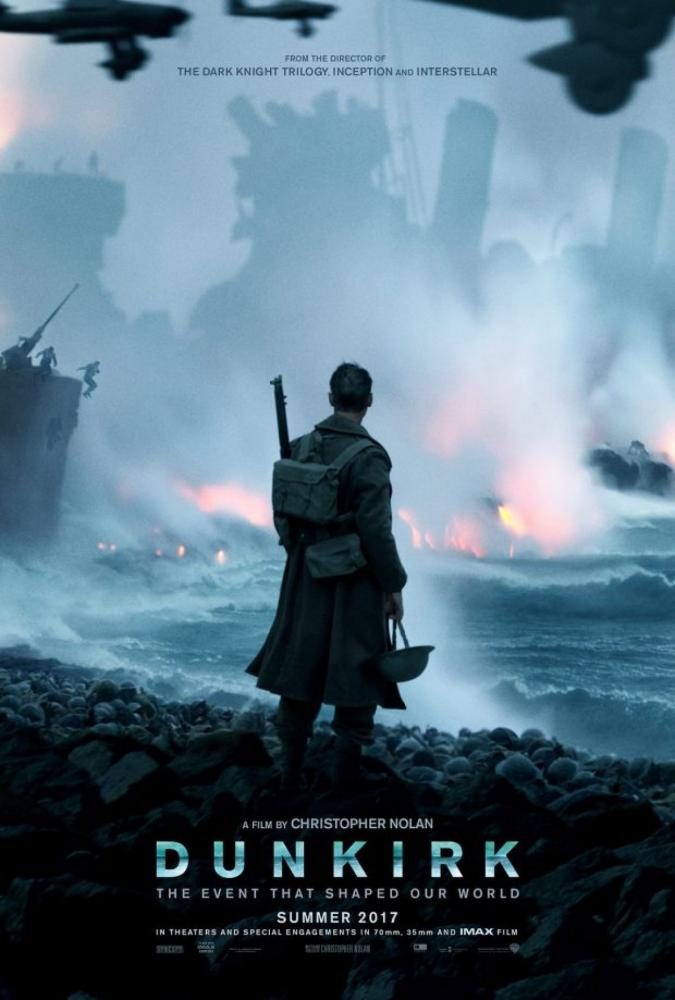By Ruth Elendu | Photography Fair Use
Dunkirk immediately threw me into the face of war. There was no happy, feel good music to start off the movie. There were no smiles. There was a constant ticking of a clock reminding me that the time these soldiers had with the living might be limited. There was only the instinct to survive (preferably with some sanity left). But most of all there was an intensity that made my eyes cling to every second and every action. An intensity so strong it seemed impossible to look away.
During World War II, Germany trapped approximately 400,000 Allied forces on the beach of Dunkirk. The film is set in three different perspectives, one follows a British private Tommy (Fionn Whitehead) and his struggle trying to get off Dunkirk. Another follows Mr. Dawson (Mark Rylance), a civilian who uses his boat to try and aid the soldiers at Dunkirk with the help from his son Peter Dawson (Bobby Lockwood) and Peter’s friend George (Barry Keoghan). The third follows the fighter pilots in the air, Farrier (Tom Hardy) and Collins (Jack Lowden) as they do their best to destroy the Axis planes shooting down on Dunkirk, preventing anyone from leaving the island safely. All three storylines blended perfectly together to tell the entire story of what happened at Dunkirk many decades ago. They each added to the story in their own way and no storyline was more boring or less necessary than another.
What made the film was the score. Without the score, the ferocity that was felt throughout the movie would not have been evident. It followed every action that was going on perfectly and the constant ticking of a clock that was incorporated in it made me feel the same tension, nervousness and hunger to survive as if I was there that day experiencing the same things as those soldiers. The score, along with the action, made my heart feel as if it was going to jump out of my chest or have a heart attack in the middle of the theatre.
One of the things that made Dunkirk feel almost like reality was the fact that I could not cling onto hope for a large amount of time. In many movies, especially war movies, one of the main themes is to never give up hope, but Dunkirk reiterated how hope can easily be taken away, especially during times of war. I felt it portrayed what war is actually like rather than a message Hollywood is trying to sell.
I was glad when Dunkirk explored the psychological toll war has on a solider through Cillian Murphy’s character, whose name is never mentioned. Cillian’s character is rescued by Mr. Dawson after being the only one to survive the sinking of a destroyer attempting to get out of Dunkirk. His mental state showed how war changes people and how surviving even has its price.
This film explored a lot of elements most war movies have not and executed it amazingly. Throughout every minute I was holding my breath, on the edge of my seat, itching to know what would happen next. The only time I did not feel that way was in the last minute of movie. Dunkirk is not a movie I will forget nor anyone who has or will watch it.



